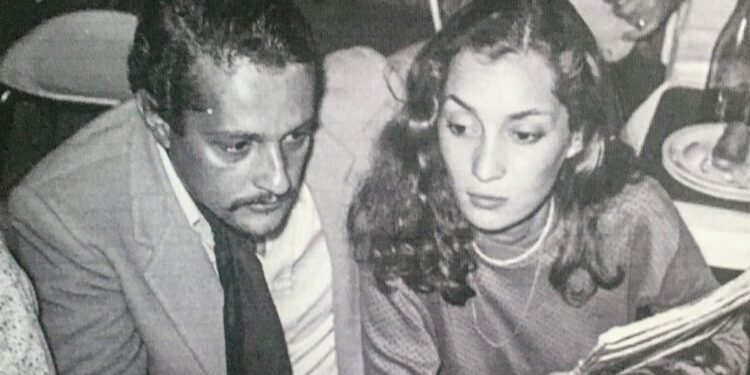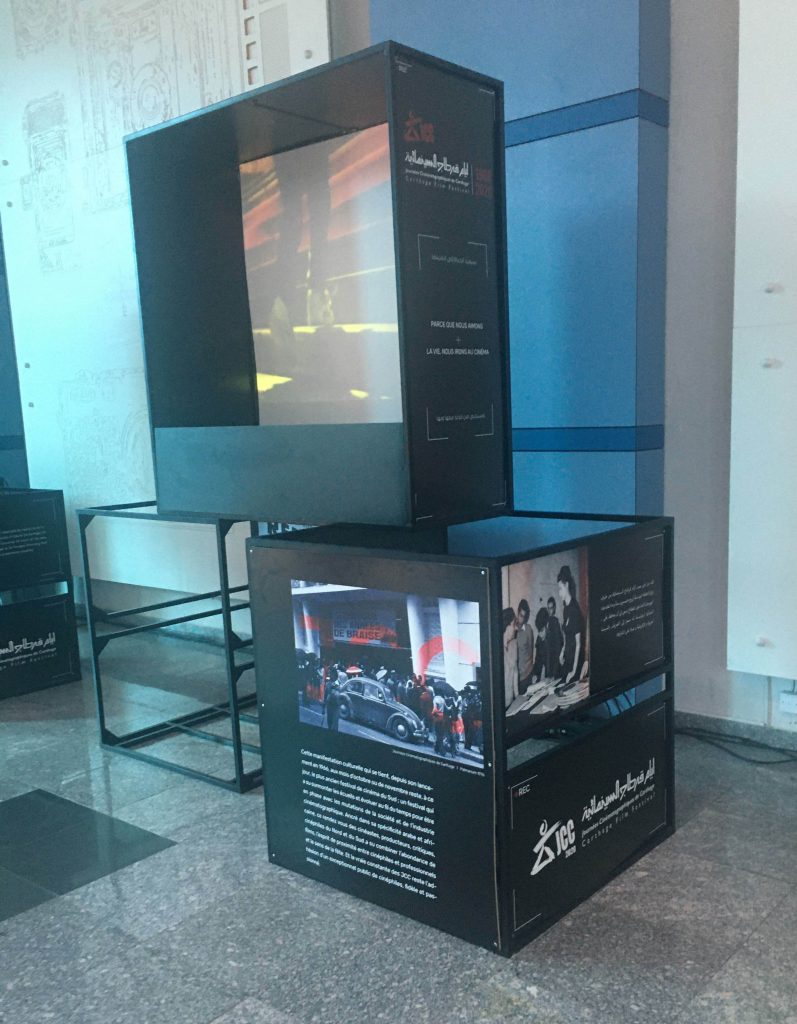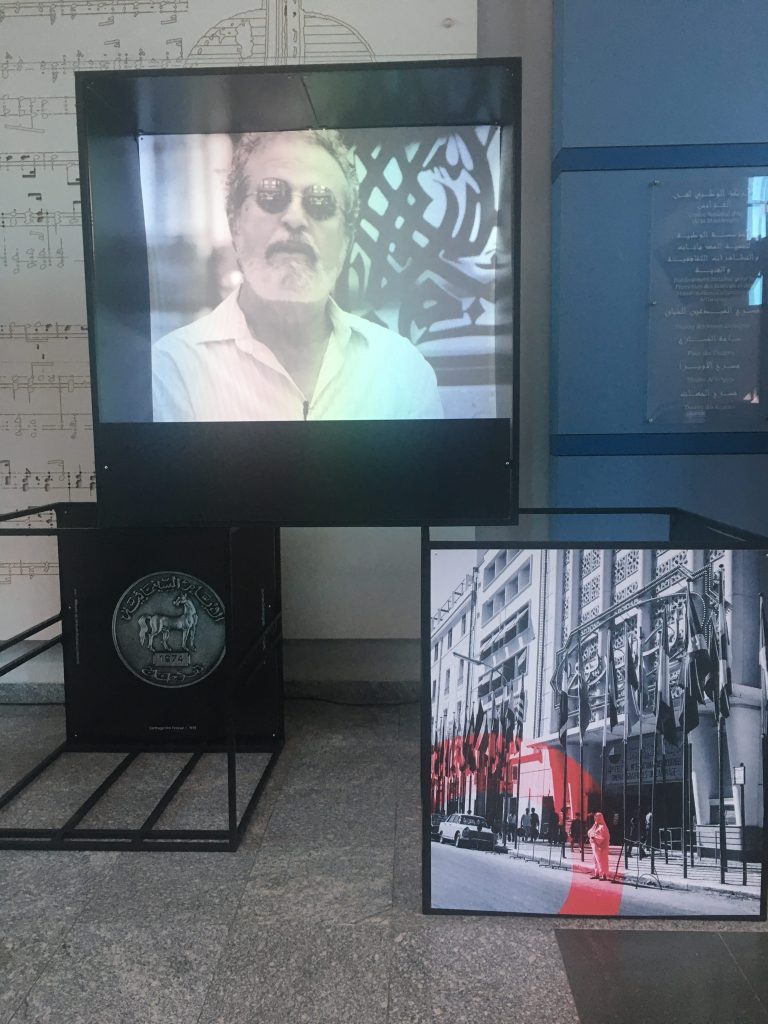Two years ago, for its 40th edition, the Cairo Film International Film Festival had organized a beautiful exhibition, where there were posters, catalogs, programs, photos of all previous sessions, some former trophies …, and I asked myself the question of whether the cinematographic days of Carthage (JCC) had such archives:
The answer recently came during the 2020 JCC edition, Who was exceptional: because of the coronavirus pandemic, it had been decided to remove the competitions and take a break to think about “JCC, yesterday, today and tomorrow”. A forum on this same theme was also organized, preceded by four panels on:
- Industry, market and broadcast of films;
- The influence of the festival;
- Archives, heritage promotion and critical reception;
- The future of JCCs.
Among the various problems and gaps identified, the bitter observation that has been made is that the JCC have no archives. Which is not a surprise since before 2018, the JCCs did not even have a seat. It was not until the opening of the City of Culture that the JCCs were able to have their own offices.
For 30 sessions, thousands of photos of the guests, the public, the debates and the various ceremonies were taken. Among these guests, personalities who made the history of cinema in general and Arab-African cinemas. These photos are scattered here and there and we did not think of collecting them, nor of inventoring them, nor even of exploiting them for exhibitions, books or even to make them available to researchers, filmmakers, criticisms, sociologists or historians. However, these photos constitute a real Tunisian and even African cultural heritage. Each edition, there are also catalogs, programs, invitations, bulletins, press articles …
For about six months, a group of people, led by Ms. Sayida Bourguiba, has been responsible for starting to collect the archives of the JCC: photographs, correspondence, catalogs, programs … It was necessary to ask for their aid in the National Archives, at the National Library, at the National Documentation Center, at TAP, the Tunisian Cinematheque and even to individuals.
Even if this collection work is only at its beginning, a beautiful exhibition of photos and newspaper cuts was organized at the Cité de la culture during the JCC.
A three -part photo exhibition:
- Photos hanging on the walls, some dated and others not. We especially see JCC guests over the years:
Egyptian actress Souad Hosny during JCC 1970
The Egyptian critic Samir Farid, the two actors Samiha Ayoub and Mahmoud Morsi at the JCC 1970
JCC 1976 – Tunisian directors and producers Nejib Ayed, Brahim Babai and Ahmed Bahaeddine Attia.
JCC 1978 – Egyptian actress Faten Hamama is the first woman to chair the JUC jury
Hamadi Essid, director of the 7th JCC 1978 session, with Faten Hamama and Youssef Chahine.
- Large panels, one by edition. On each panel, we find the poster of the edition in question, the newspaper cuts related to it, photos and the film which won the Tanit d’Or that year.
Large panels, one by edition
JCC 1966 – Tanit d’Or “La Noire de ..” by Ousmane Sembène
JCC 1986 – Tanit d’or for “L’Homme de Cendres” by Nouri Bouzid
JCC 1990 – Tanit d’Or for “Halfaouine, L’Enfant des Terrasses” by Férid Boughdir
JCC 2010 – Tanit d’Or for the Egyptian film “Microphone” by Ahmed Abdalla
- Videos, which show the public in front of the cinemas, extracts from ceremonies …
Can we hope that for the 60th anniversary of the JCC, which will therefore take place in 2026, the JCCs will be able to organize a new forum, but to present the work accomplished and say that its archives are finally gathered and in a safe place and that the ancient Tunisian films are finally restored?
Neïla Driss




















